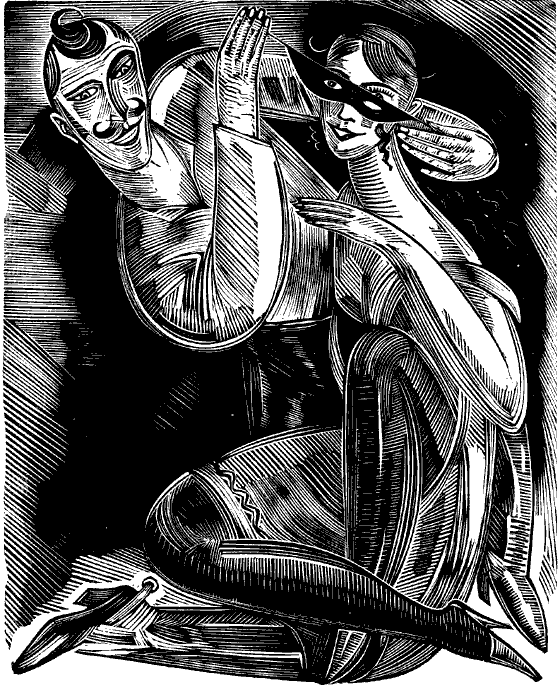I finished eight books this month — seven in German (mostly quite short, hence the vaguely respectable total), and four by women (no POC, which I need to make up for soon). Rough plan for this month was a world tour of German, with books from Austria, France, Argentina, Italy, the Netherlands, Russia, and … Prague.
- Ein Landarzt: Kleine Erzählungen — Franz Kafka
- The Book of Chameleons — José Eduardo Agualusa tr. Daniel Hahn
- Peršmanhof — Evelyn Steinthaler
- Liebes Arschloch — Virginie Despentes tr. Ina Kronenberger and Tatjana Michaelis
- Kalpa Imperial — Angélica Gorodischer tr. Karin Will
- Die Geschichte eines neuen Namens — Elena Ferrante tr. Karin Krieger
- Vermeer — Pieter Roelofs et al. tr. Susanne Karau et al.
- Der Persische Orden und andere Grotesken — Anton Chekhov tr. Alexander Eliasberg

Ein Landarzt was a timely reminder of just how odd Kafka could be, especially in the title story. The longer stories (the title story and Ein Bericht für eine Akademie) were the most rewarding for me; the Chekhov collection, which contains mostly slight, rather fragmentary satires, was in some ways similar, but does include some fantastic illustrations by W. N. Massjutin (in the excellent PG version: https://www.gutenberg.org/ebooks/53731 ):

There were more short stories in Kalpa Imperial (billed as a novel, but with no overall structure that I could see other than the storyteller-narrator and a tendency to get very weird towards the end). There was again a variety of length and weight to the stories, but they were always enjoyable: there are lots of influences which could be found, but I at least enjoyed the similarities to M John Harrison’s Viriconium books, Jeff Vandermeer’s Ambergris books, and Walter Moers.
Then a couple of non-fictions: Peršmanhof is a non-fiction graphic novel (?), briefly telling the story of a massacre committed by German troups in southern Austria in the final days of the war. A helpful afterword gives more background on the preceding and following events (depressingly but predictably, no-one faced legal consequences).
As preparation for the exhibition, I’ve been working my way through the Vermeer exhibition catalogue, which is very well done: hefty in size, but heavily illustrated, with close-ups and related works, supporting essays which point out in accessible terms the themes running through different groups of pictures.
Then three novels: Liebes Arschloch was another book which helped my German vocabulary (this time mainly drugs and alcohol-related), as well as being an impressively fair look at characters affected by the #MeToo movement in France. Covid hits the characters without warning half-way through the book, in very effective fashion.
Die Geschichte eines neuen Namens is the second volume of Ferrante’s Neapolitan series; it’s much longer than the first, and I’m not quite convinced it had to be that long, but it was always enjoyable. As in the first volume, the most interesting aspect is the development of the character of Lila, along with her relationship with the narrator, and Ferrante mostly does a good job of making teenagers’ love lives interesting.
Finally, the only English book this time was The Book of Chameleons, which I read for a book group where José Eduardo Agualusa and Daniel Hahn discussed the novel and its translation. They were both entertaining and informative, and I was pleased to discover a really good novelist from Angola. Oddly, Agualusa turns out to now be living on Mozambique Island, just a few kilometres from Lisa St Aubin de Terán, who was a highlight of last month’s reading.
My plan for April is to have an International Booker month: some of the longlisted books from this year, possibly some other works by the longlisted authors, and some previous winners.
